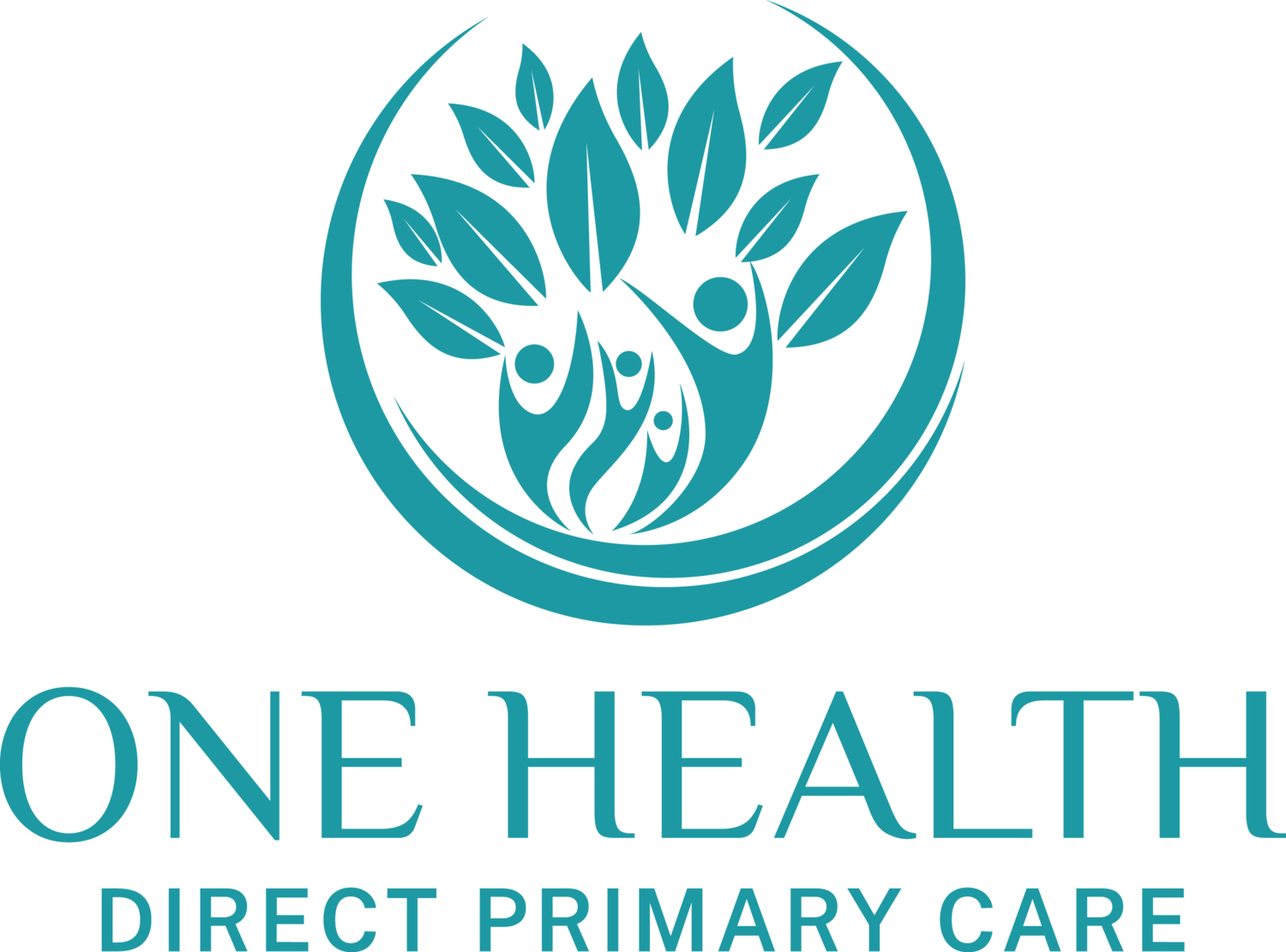Treating mild cold, flu, and COVID-19 symptoms at home.
December is here and with it comes increasing number of viral infections. As we get ready for the holiday season, we are all excited about spending time with our loved ones. Gathering with family and friends in close quarters can increase our risk for infection not only with COVID-19 but with the common cold virus. One of the most researched topic this Fall is how to prevent getting sick and how to treat your symptoms at home if you or your loved one gets sick. With addition of COVID-19 to the 100’s of other viruses that are already around, it is not easy to differentiate between which virus is causing symptoms.
When you are sick, you want to feel better quickly, and most mild viral symptoms can be treated at home.
With the current COVID-19 pandemic, I always advise my patients to get a COVID-19 test at least 3 days from when symptoms began. If COVID-19 test is positive then follow quarantine protocol to limit exposure. For high risk individuals, it is very important to get testing and contact your doctor as soon as possible if positive to get treatments that are available like monoclonal antibody therapy.
Being a family medicine doctor, I see patients with viral illness almost daily during the Fall. Now whether you have the cold, flu, or COVID-19, if your symptoms are mild, you can treat them at home.
Symptoms of the common cold usually appear 1-3days after exposure to a cold virus. Symptoms can vary from person to person and include sore throat, cough, congestion, body aches, headache, sneezing, low grade fever and runny nose. Nose discharge may start clear and then become yellow, green or thicker as the virus runs its course. This is normal for the viral infection and usually does not mean a bacterial infection.
Most adults do not need medical attention for a common cold, however if you have fever > 101.5 for more than 3 days, shortness of breath, wheezing, severe sore throat, headache, sinus pain or your symptoms worsen, please seek medical attention. For children, please seek care if fever is 100.4 in newborns less than 12weeks old, they have high fever lasting more than 2 days in child of any age, trouble breathing, wheezing, ear pain, lack of appetite, very fussy and/or drowsiness.
There is no cure for the common cold. These home remedies can help with treatment and provide comfort during the illness.
Make sure to get a lot of rest. Take the time for self-care.
Stay hydrated. Drink plenty of fluids, water, tea. Avoid alcohol and caffeine which can cause dehydration.
Honey helps cough in adults and children older than 1. Try 1 teaspoon honey in your warm tea or water.
Saltwater gargles with lemon can soothe sore throat. You can add 1/2 teaspoon of salt to 8ounces of warm water. Ice chips and throat lozenges are also helpful for adults. No hard candy in children younger than 6.
Nasal saline rinses with Neil Med sinus rinse helps clear out congestion. For those who cannot tolerate a sinus rinse, nasal saline spray every 2-3hours is helpful. For infants, a few saline drops in one nostril then gently suction with bulb syringe.
Garlic will help boost your immune system.
Ginger helps with nausea and you can add a few fresh ginger to warm tea.
Treat body aches, low grade fever and headaches with Tylenol or ibuprofen. If tou are on chronic medications, please check with your doctor or pharmacist to make sure ok to take any medications. For children less than 6 months please use Tylenol. Children > 6 months can use Tylenol or ibuprofen and dosing is based on weight so please ask your child’s doctor for correct dosage.
A few alternative remedies have been used for cold however research proving effectiveness is mixed.
Vitamin C will not help treat or prevent a cold. There is research however, that for those with stress have benefit from vitamin C which shortens the duration of illness.
Zinc has also had mixed research findings. It may help shorten cold symptoms by 1 day if taken immediately when symptoms began. There are side effects to zinc so please talk to your doctor before taking it.
Mixed research about echinacea however some have shown that if taken immediately symptoms began and continued for another 7-10days, it can help with duration of illness. Although safe for adults, please make sure to check with your doctor or pharmacist as it may interact with many medications.
Overall I recommend you take care of yourself; rest, drink fluids, and wash your hands frequently.
Thank you for reading. Have a great week.
-Dr. Osei @ One Health DPC
Educational. Family Medicine. Asheville, NC. Hendersonville, NC.

